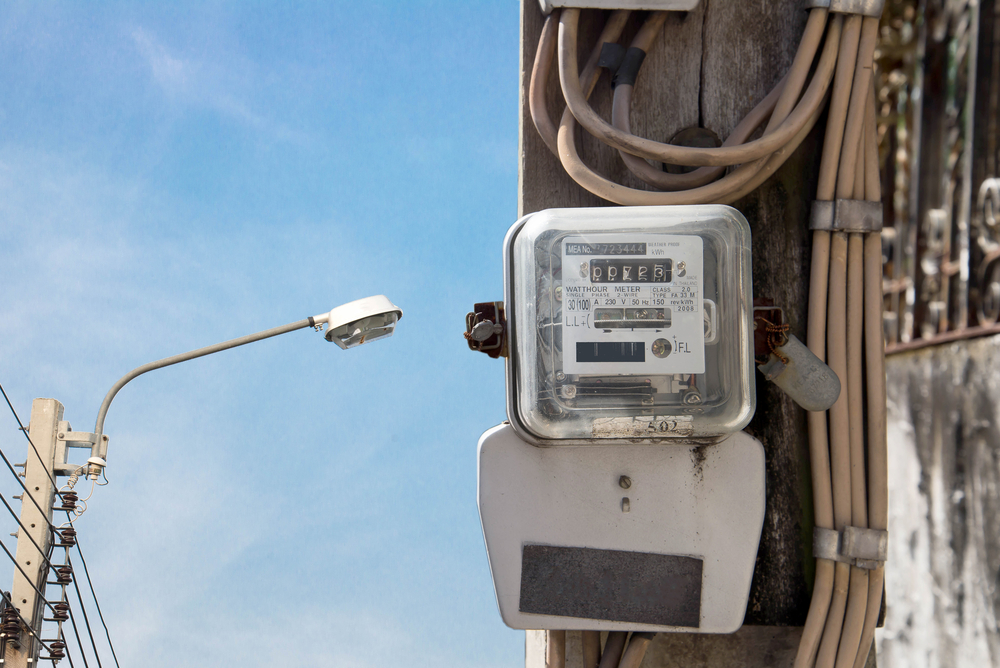Extroverts are often seen as the life of the party—outgoing, energetic, and always up for a chat. But that doesn’t mean they love every social situation. In fact, there are everyday moments that even the most sociable extroverts secretly dread. These aren’t just minor annoyances—they clash with how extroverts recharge and connect. If you’re an extrovert, you’ll probably nod along. If you’re not, this list might just change how you see your outgoing friends.
1. Small Talk with Strangers
Extroverts crave meaningful connection, not surface-level chatter. Forced pleasantries at networking events or elevators can feel hollow and exhausting. According to The Free Financial Advisor, small talk is one of the most dreaded interactions. Extroverts want depth, not fluff. They’d rather skip the weather talk and dive into a real conversation.
2. Being Ignored in Group Settings
Extroverts thrive on interaction, so being overlooked feels like rejection. Whether it’s a meeting or a party, they want to be part of the action. Ranker notes that exclusion hits extroverts harder than most. They’re not attention-seeking—they’re connection-seeking. Inclusion matters more than you think.
3. Long Periods of Silence
Silence can feel like a void to extroverts. While introverts may find it peaceful, extroverts often find it unsettling. They’re wired to engage, not withdraw. Silence can trigger anxiety in highly social personalities. It’s not about noise—it’s about energy exchange.
4. Text-Only Communication
Extroverts prefer face-to-face or voice interactions. Texting lacks tone, emotion, and spontaneity. It feels distant and impersonal. Extroverts process emotions better through verbal expression. They want to hear you—not just read you.
5. Being Put on Hold
Waiting without interaction is torture for extroverts. Whether it’s a phone queue or a delayed meeting, the lack of engagement is draining. They want movement, not limbo. Extroverts thrive on momentum. Stagnation feels like punishment.
6. Solo Work for Long Hours
Extroverts recharge through people—not isolation. Long stretches of solo work can feel lonely and demotivating. Collaboration fuels their creativity. Extroverts perform best in team environments. Isolation isn’t just boring—it’s exhausting.
7. Being Misunderstood as “Too Much”
Extroverts often get labeled as loud or overwhelming. But their energy comes from a place of enthusiasm, not dominance. Being told to “tone it down” can feel like rejection. Extroverts are often misunderstood in quieter settings. They’re not trying to steal the spotlight—they’re trying to share it.
8. Passive-Aggressive Behavior
Extroverts value directness. Subtle digs or silent treatment confuse and frustrate them. They’d rather talk it out than guess what’s wrong. Extroverts thrive in transparent environments. Clarity is kindness.
9. Cancelled Plans
Extroverts look forward to social events as a source of energy. Last-minute cancellations can feel like a personal blow. It’s not just disappointment—it’s a loss of connection. Extroverts plan their emotional energy around interaction. Flaky friends = emotional whiplash.
10. Being the Only One Talking
Extroverts love dialogue—not monologue. If others aren’t engaging, they feel awkward and exposed. They want a two-way street. Extroverts need feedback to feel connected. Silence isn’t golden—it’s isolating.
11. Overly Formal Settings
Rigid environments stifle extroverts. They prefer spontaneity and warmth over protocol. Formality feels like a cage. Extroverts thrive in relaxed, expressive spaces. Let them breathe—and be themselves.
12. Being Misjudged as Superficial
Just because extroverts are chatty doesn’t mean they lack depth. They often feel hurt when people assume they’re shallow. Their openness is a strength, not a flaw. Science of People shows that extroverts are just as introspective, just externally. Don’t mistake volume for vanity.
13. Lack of Immediate Feedback
Extroverts need affirmation and response. Delayed reactions or vague replies leave them feeling uncertain. They thrive on engagement. Timely feedback boosts extroverted performance. Don’t leave them hanging.
14. Being Alone in Crowds
Ironically, extroverts can feel lonelier in crowds than in solitude. If no one’s engaging, the environment feels empty. They need connection—not just presence. It’s not about numbers—it’s about meaning.
15. Being Misread as Needy
Extroverts often get labeled as clingy or attention-seeking. But their need for interaction is about energy, not ego. They’re not needy—they’re wired differently. Extroverts have different neurological responses to stimulation. It’s biology—not drama.
Even Extroverts Need Space and Depth
Extroverts aren’t always “on”—they need meaningful connection, not constant stimulation. Recognizing the situations that drain them helps build empathy and better relationships. Whether you’re an extrovert or not, understanding these dynamics makes social life smoother. Let’s stop assuming extroverts love all things social. They’re human, too.
Which of these situations do you relate to most? Drop your thoughts below—we’d love to hear your take.
You May Also Like…
9 Benefits to Being an Uber Driver That People Rarely Talk About
From Trivial to Telling: 10 Habits That Give Away Your Personality Secrets
From Shy to Shine: Tips and Tricks for Introverts to Network Like a Pro
Are We Having Fun Yet?
What Are the Signs of a Fake Rich Person?




























